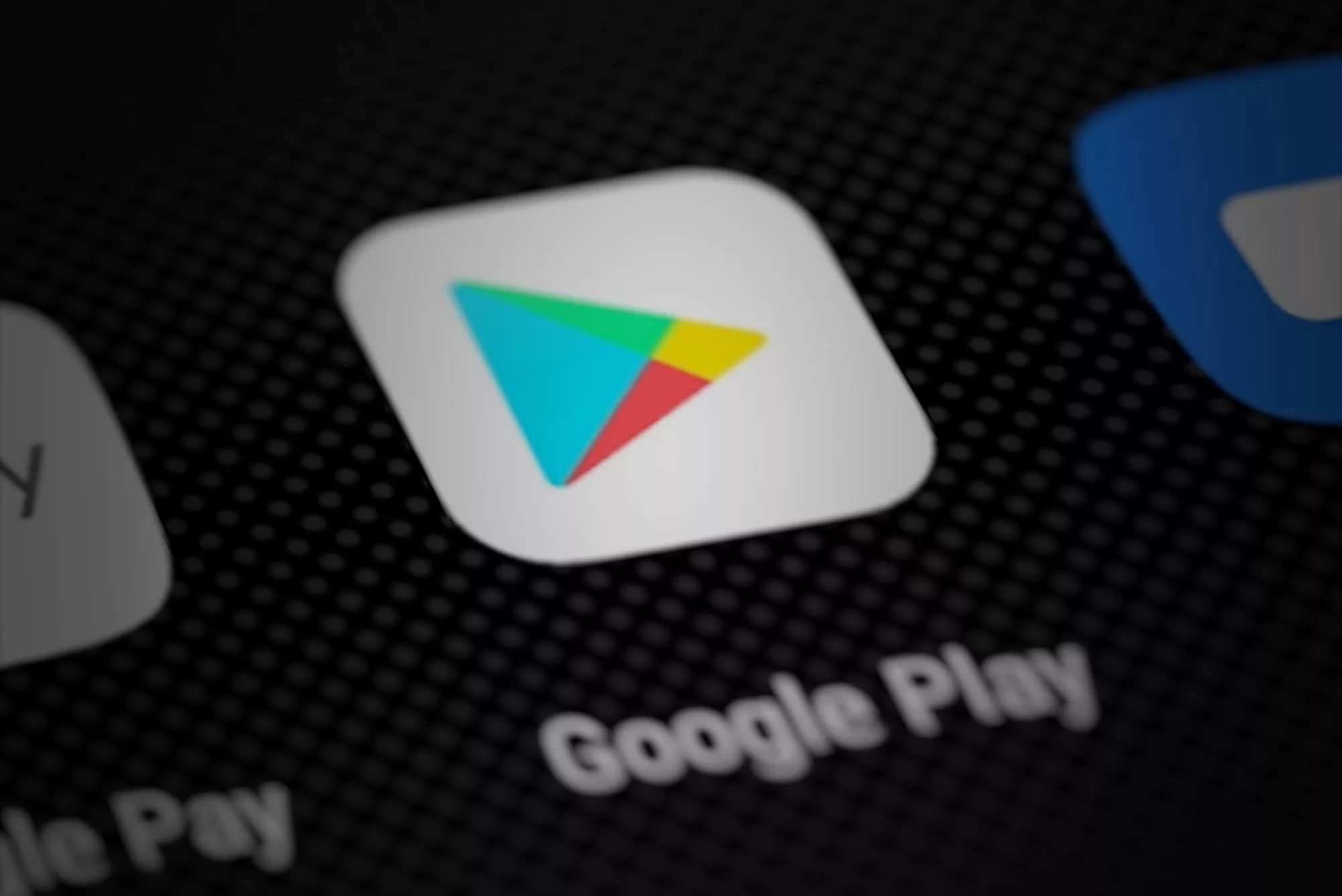
Google agrees to $700Mn settlement in Play Store monopoly dispute
Google has announced a $700 million settlement as part of a resolution to a class-action lawsuit over its Play Store. The settlement, reached in September, involves a payment of $630 million to U.S. consumers and an additional $70 million to a fund designated for U.S. states. The lawsuit, originally filed in 2021 by U.S. states and consumers, accused Google of maintaining a monopoly over app distribution on Android through the Play Store.
This legal development comes after Google initiated a pilot for its user choice billing program in the U.S. in November 2022, allowing developers to use alternative payment methods for in-app purchases. As part of the settlement, Google will expand this program, enabling developers to display different costs based on the customer’s chosen billing method. Additionally, the company pledged to streamline the sideloading process on Android, emphasising the importance of maintaining safety measures while simplifying the procedure.
The settlement terms outline several key commitments by Google, including maintaining the technical ability to install third-party applications on Android devices, allowing developers to offer alternative in-app billing systems for five years, and refraining from forcing developers to provide better prices for consumers using Google Play. The agreement also covers aspects related to app store competition, restrictions on device manufacturers, and communication with users.
Despite these concessions, critics argue that the settlement falls short of addressing fundamental issues related to Google’s app store practices. Epic Games, which recently secured a victory against Google in an antitrust battle, expressed dissatisfaction with the settlement, stating that it brings “no true relief” to consumers. The current scenario reflects the broader challenges faced by tech giants regarding app store policies, antitrust concerns, and the evolving regulatory environment.
This settlement occurs at a time when Google faces increasing scrutiny over its market dominance, with the Epic v. Google trial revealing details of deals with companies like Spotify and discussions around the 30% commission charged by the Play Store. As Google plans to appeal the antitrust verdict, we await further developments that could potentially shape the future of app distribution and competition in the digital marketplace.


